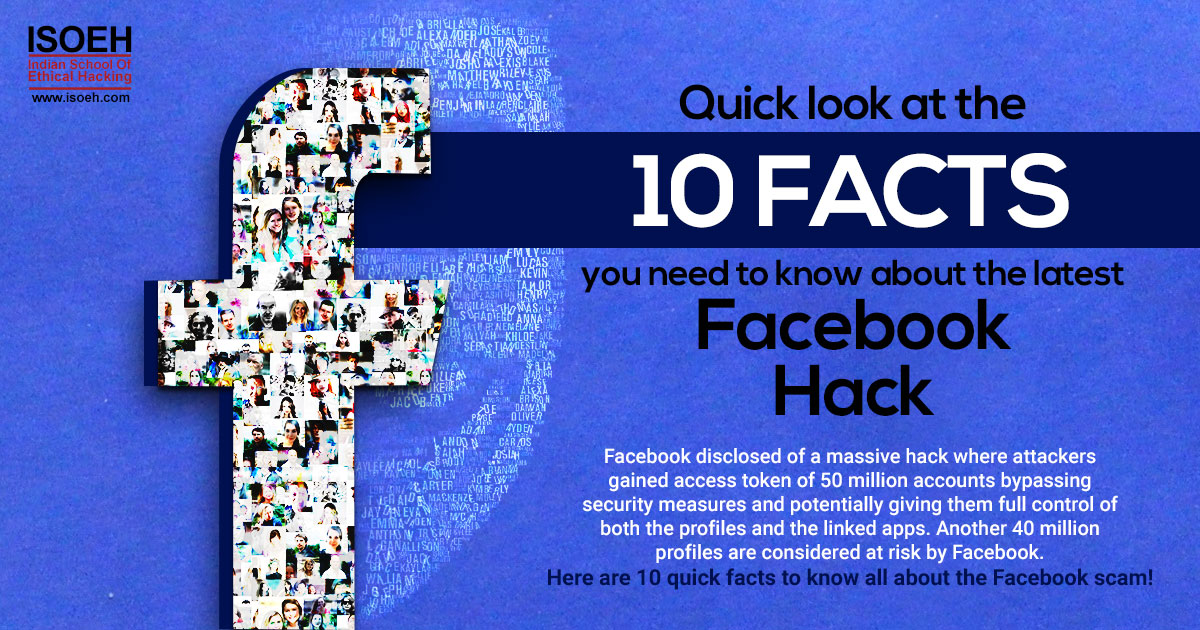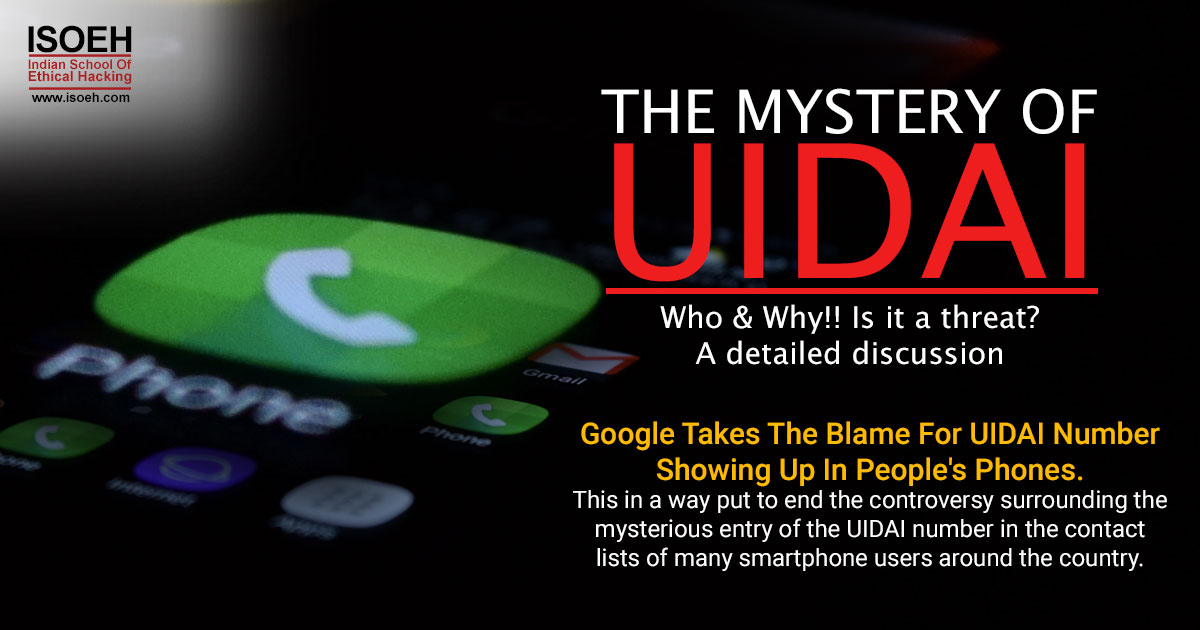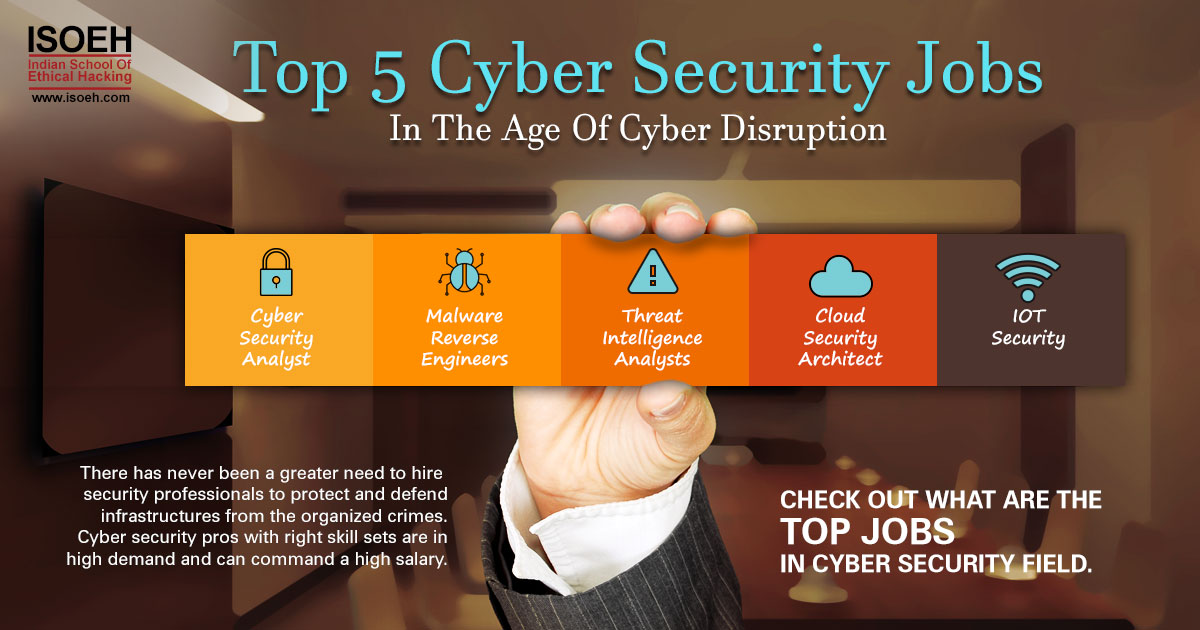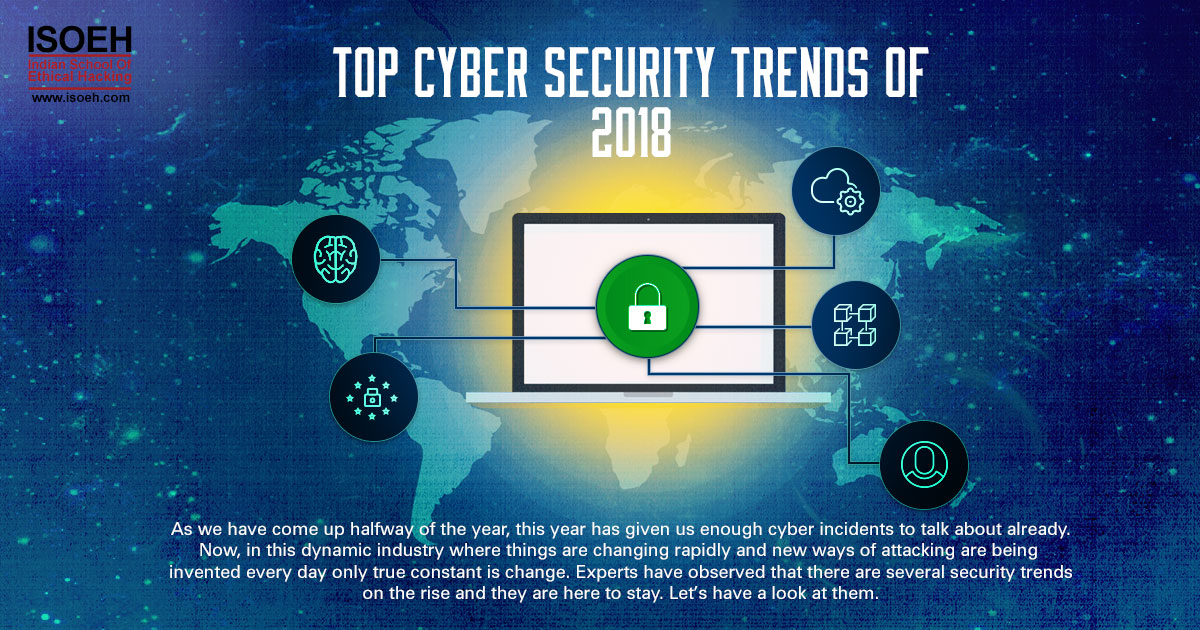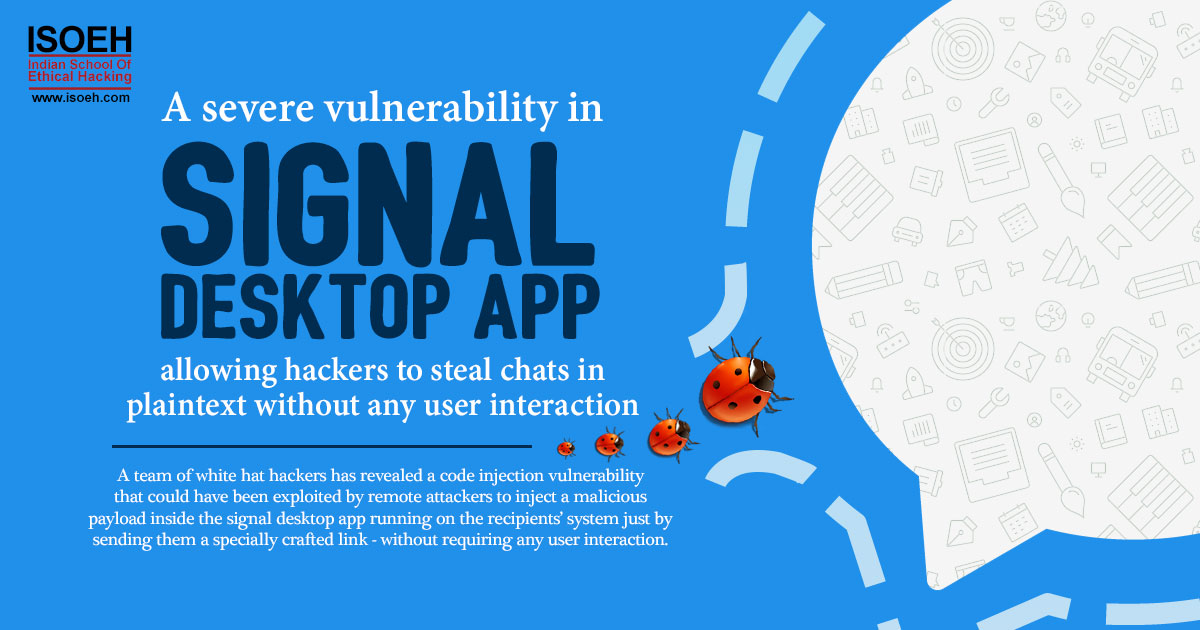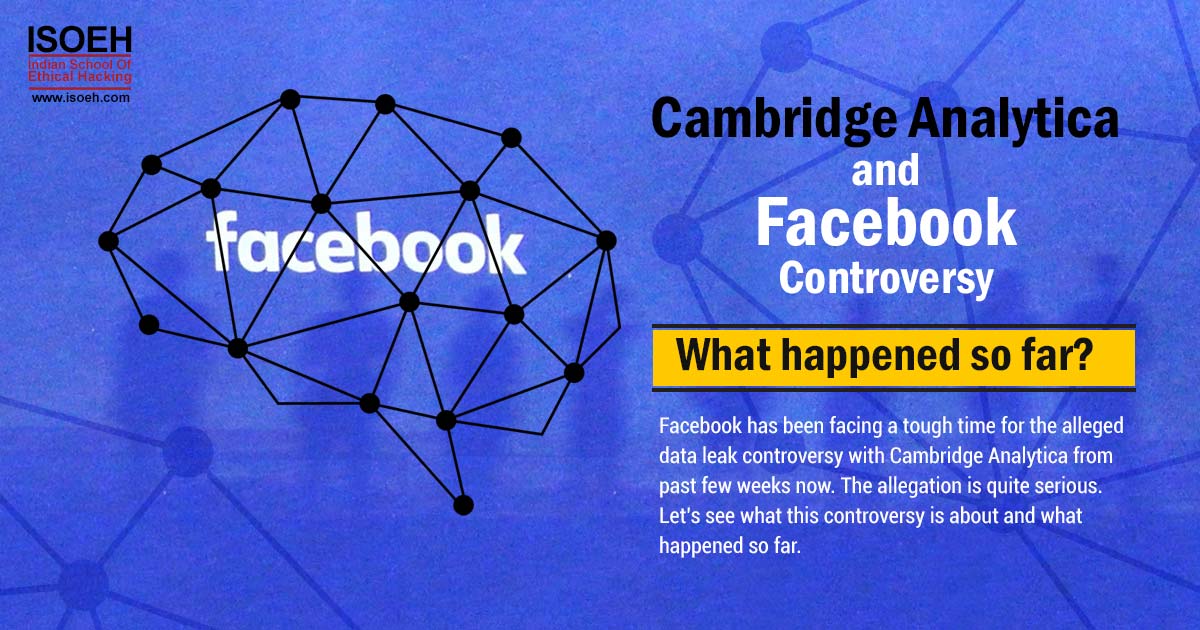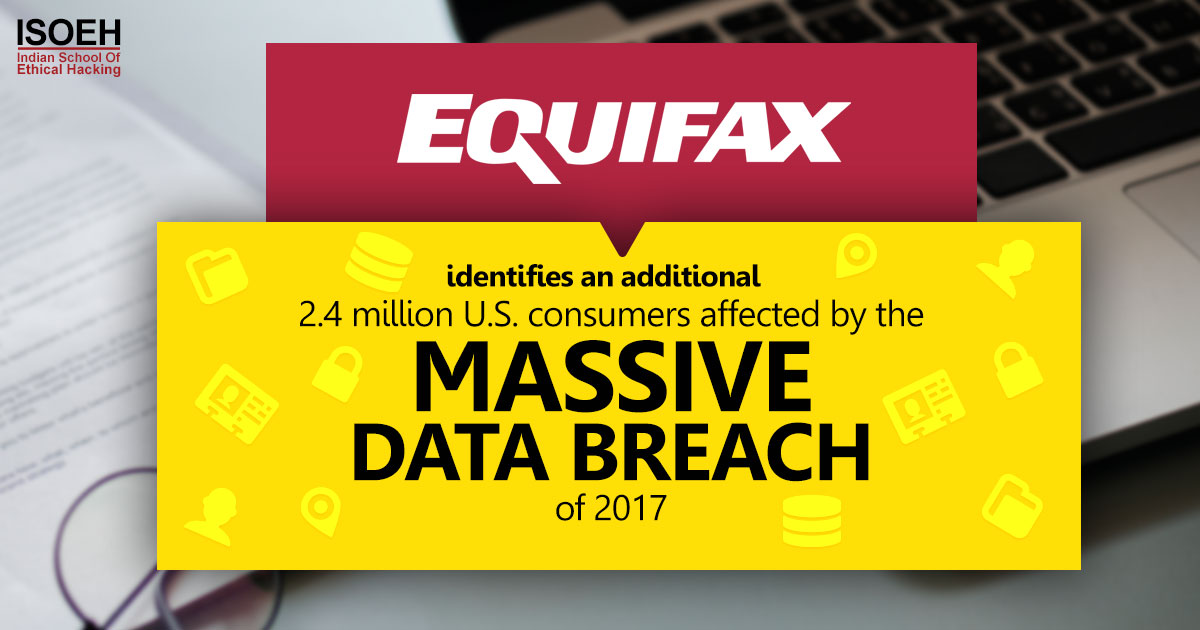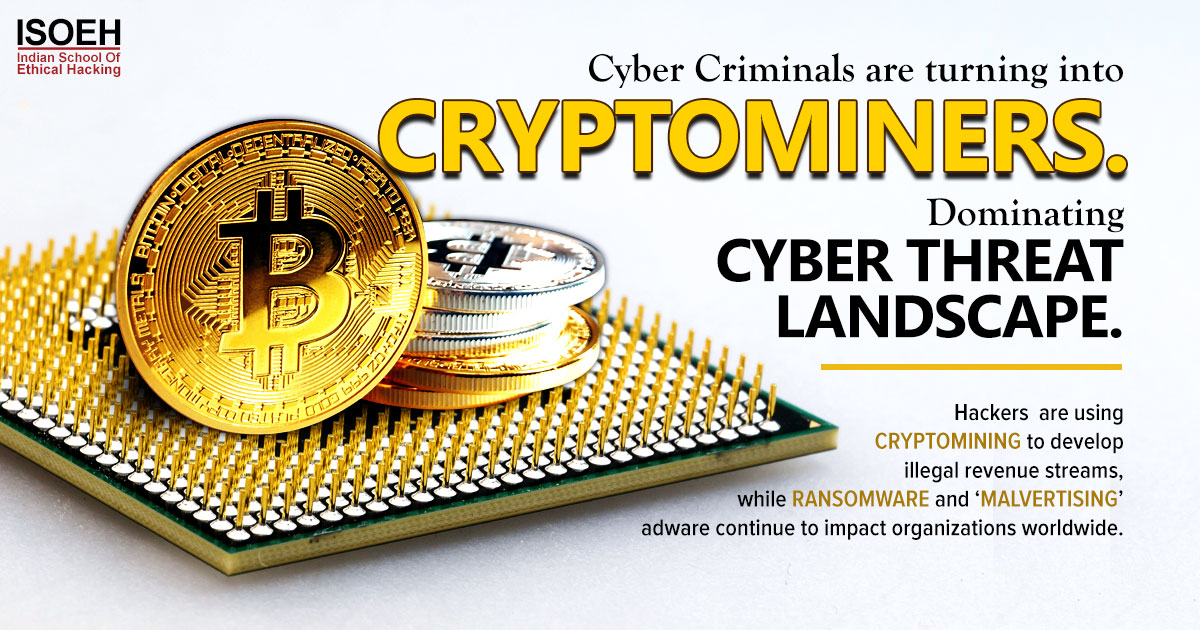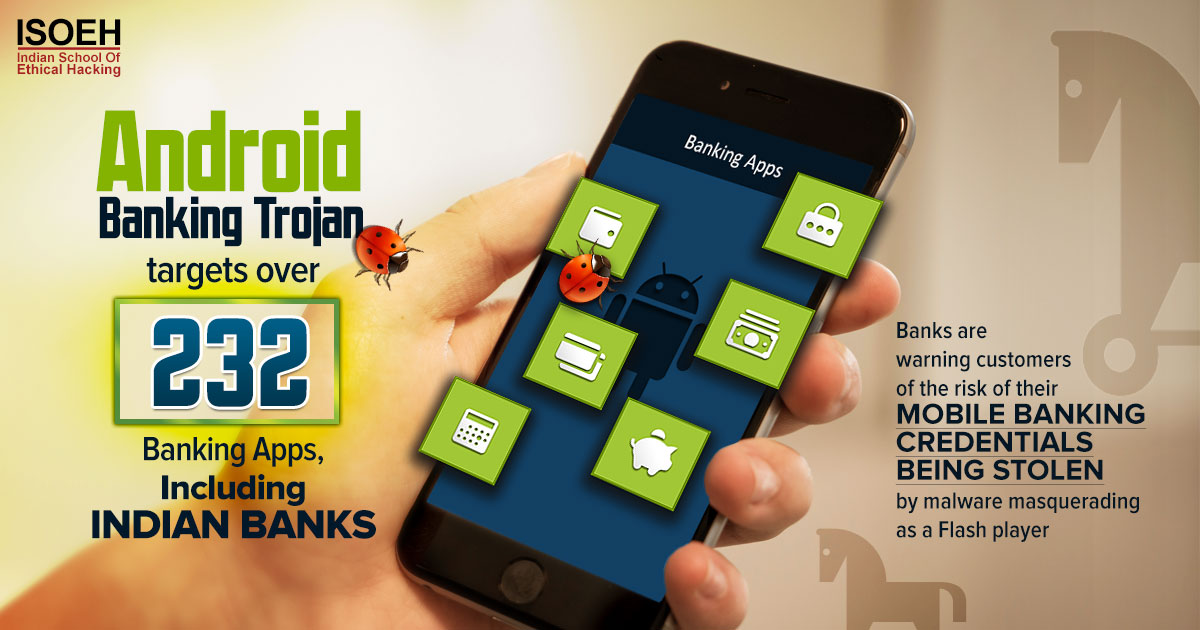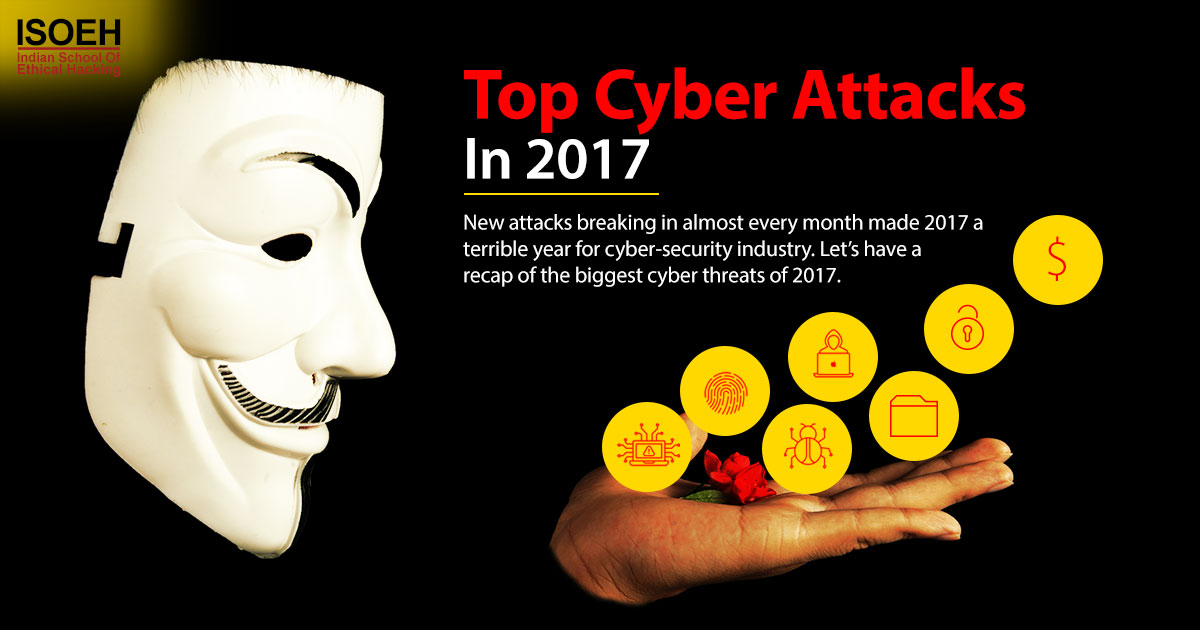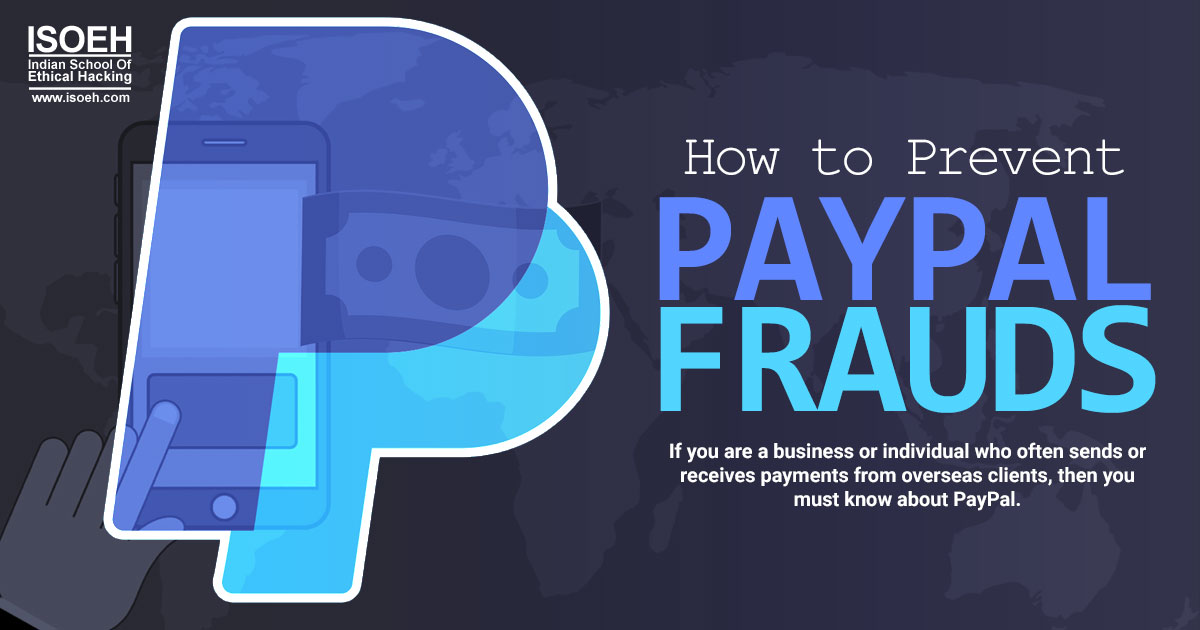
If you are a business or individual who often sends or receives payments from overseas clients, then you must know about PayPal.
PayPal is one of the trusted and most used payment gateways worldwide. Yes, it is safe to make payments via PayPal. Moreover, the online money transfer service helps its users to safeguard their money. Besides, a user can ask for a refund or raise a dispute if one party doesn't meet the expectations of the other (even after the payment is made).
So, is there a way people can scam others on PayPal?
Like the ants smell out the sugar in the kitchen, the evil hackers reach out to the digital platforms and trouble the users.
Similar to other platforms, these scammers have set up their phishing trap on PayPal to steal people's money. Let's check what these hackers are doing and how people are getting cheated.
Top payment frauds on PayPal are given below:
1. Advance payment fraud:
This is one of the most common frauds that people have witnessed. It is termed as a classic trick played on the consumers. As many of us already know, the phisher sends a notification to the victims about some lottery or prize rewards and asks for a small advance payment.
Many times, the phishers also ask for your personal information to steal the money and further sell the data on the dark web.
How to prevent:
Don't get excited or hurry. The first rule is to never disclose your information to any stranger or make any payment based on any notification or email. Investigate the sender's information.
2. Account activation fraud:
Many people have come across this type of fraudulent activity. The victims receive an email that there is an issue with their PayPal account and get an activation link that asks them to log in into their PayPal account. The motive of the link and the login is only to get your PayPal credentials.
How to prevent:
Again, verify the link you received in the email. Check for any typos or errors. Please note that the modern-day phishers are so clever that the link may look legitimate.
Moreover, if there is any issue in your account, you'll certainly get that in the PayPal app and get it resolved.
3. Overpayment refund scam:
Have you ever received extra or more money in your account— Yes, it does happen! Scammers do follow this trick to attract sellers to get them into their trap. Anyhow, the buyer sends extra money, more than the actual price of the goods and services, and claims it an error. Hence, they ask for a refund.
Once the seller refunds the difference amount, the buyer cancels the receipt of the initial payment transactions.
How to prevent:
Accidents may occur and there are times when the buyer makes a mistake. However, these mistakes should not be handled casually. What we can do is:
- Wait for the payment to come to your account (bank), and then refund the difference via PayPal.
- Cancel the transaction from both parties end, and tell the buyer to make a fresh payment.
- Contact PayPal support for help.
Get more cyber security updates:
Keep following ISOEH (Indian School of Ethical Hacking), to get updates on cyber security and stay watchful from any internet frauds.
Stay digital, stay safe!
Hacking Tools
Explore All Hacking Tools »
UFTP is an encrypted multicast file transfer program for secure, reliable & efficient transfer of files. It also helps in data distribution over a satellite link.
Read DetailsBreaking News
Breaking News Of Each Month »
The recent pandemic was unexpected and unknown to most part of the world. It has changed our life and we are slowly adapting to our new lifestyle. The risks associated with the new lifestyle, both personal & corporate, are unknown to most of us.
Read Details



